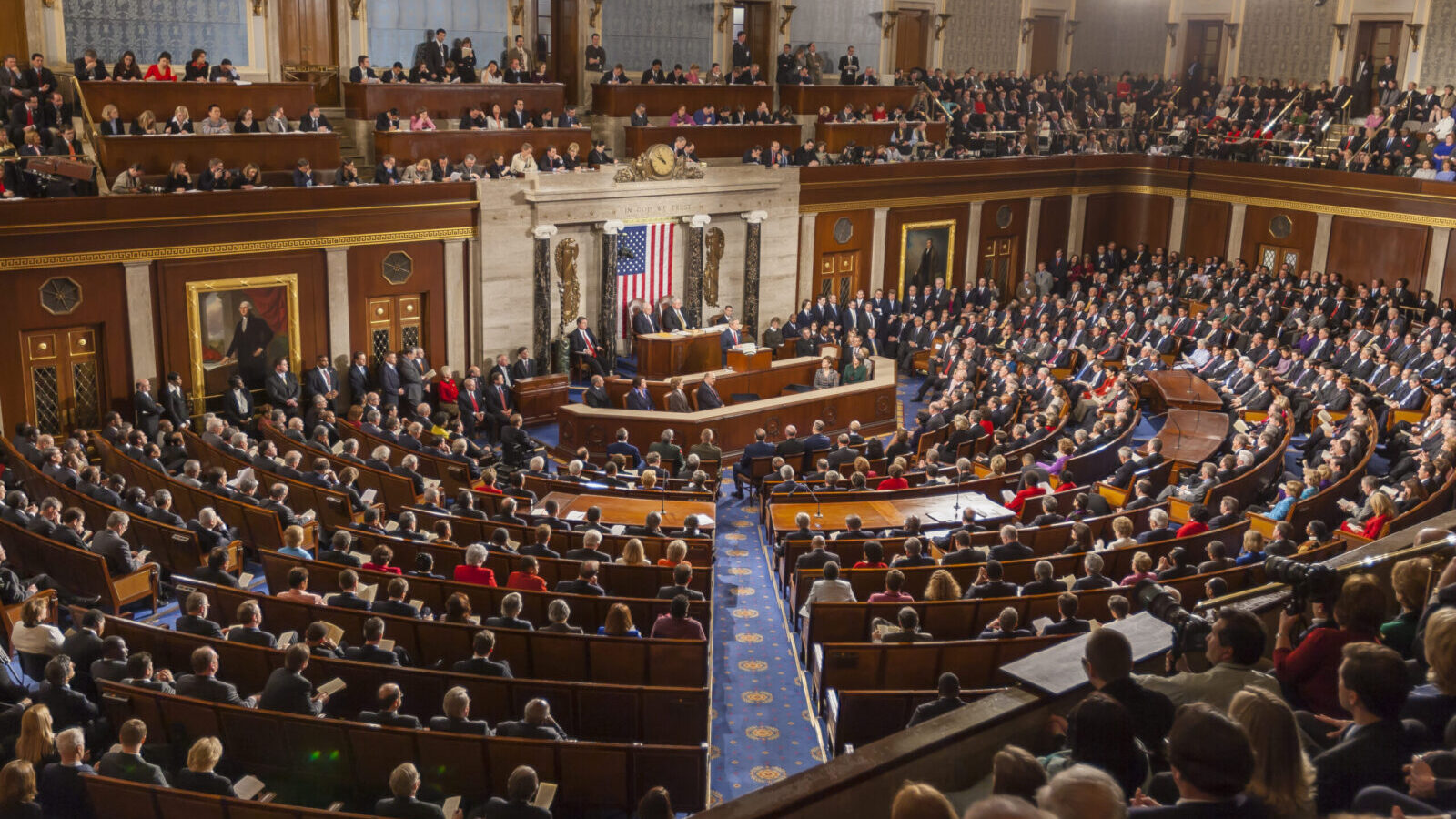Senate Passes Kids Online Safety Act With Overwhelming Majority
Bill could impact online gambling sites, imposing stricter regulations to prevent harm to minors
3 min

In a move aimed at increasing the accountability of tech companies for the content presented on their platforms, the Senate has passed the Kids Online Safety Act (KOSA) by an overwhelming majority vote of 91-3. If the bill makes it all the way through the legislative course, it could impact a number of industries, including online gambling.
The bill, designated as S.1409, seeks to impose stricter regulations on online platforms frequently used by minors. It mandates that the companies behind these platforms take substantial measures to prevent harm to young users.
KOSA represents a significant legislative effort to ensure that social media, online gaming, and virtual-reality sites adopt a “duty of care” approach. This means these platforms must implement the safest default settings possible and take proactive steps to protect users under 17 from harmful content and potential threats.
Under KOSA, large tech companies would be required to actively monitor and manage the content that minors can access. This includes preventing exposure to harmful material, cyberbullying, and other online threats. The legislation’s supporters argue that the current measures in place are insufficient and that tech companies need to be held accountable for the safety of their younger users.
Forced accountability
KOSA requires platforms to restrict advertisements for illegal products like narcotics, tobacco, gambling, or alcohol to minors. Platforms are also mandated to provide minors with options to protect their personal information and disable features that could lead to compulsive usage, such as autoplay videos or platform rewards.
They must also offer the ability to opt out of personalized algorithmic recommendations, which can create echo chambers and expose minors to harmful content. Furthermore, KOSA stipulates that platforms should limit the ability of other users to communicate with children and restrict public access to minors’ personal data, including geolocation information.
Another significant provision is the requirement for platforms to enable the strongest privacy settings by default for users under the age of 17. This proactive measure is designed to ensure that minors are not inadvertently exposed to harmful content or contact from strangers. The act also calls for transparency from platforms regarding their efforts to comply with these regulations and the effectiveness of their safety measures.
KOSA also introduces tools for parents to help them monitor and control their children’s online activities. This includes the ability to access and delete personal data, review and manage privacy settings, and receive reports on the types of content their children are exposed to.
To ensure compliance, KOSA includes enforcement mechanisms that allow for penalties against platforms that fail to meet their obligations. It also establishes a Kids Online Safety Council to oversee the implementation of the act and advise on best practices for online safety.
Overcoming opposition
Proponents of KOSA include parents’ groups, children’s advocacy organizations, and several major tech companies such as Microsoft, X (formerly known as Twitter), and Snap. These view KOSA as a crucial first step in regulating the responsibilities of tech companies toward protecting children. They argue that the bill will compel platforms to mitigate the risks posed by online content, thus taking responsibility for any harm their services might cause to young users.
The legislative push for KOSA comes amid increasing public and political pressure on tech companies to enhance user safety and privacy. By establishing the framework, KOSA could potentially pave the way for further legislative efforts aimed at strengthening online privacy laws. It could also set clear parameters for the burgeoning use of artificial intelligence and other technological advancements.
Despite the support, KOSA has faced opposition. Some argue that the legislation could infringe upon First Amendment rights and limit access to important information for vulnerable groups, such as LGBTQ youth seeking information on issues related to their identity and reproductive rights. These concerns stem from fears that the bill’s provisions could inadvertently lead to the censorship of valuable and supportive content.
In response to these criticisms, KOSA has undergone revisions to address and mitigate such concerns. Major LGBTQ advocacy groups, which initially opposed the bill, have since dropped their opposition, indicating that the amendments made were satisfactory in addressing their reservations.
The passage of KOSA in the Senate is a significant milestone, but the bill’s journey is not complete. The House of Representatives has not yet voted on the legislation, and its fate in the lower chamber remains to be seen.
President Joe Biden has expressed strong support for KOSA. He has urged the House to expedite its approval and send the bill to his desk for signing.





